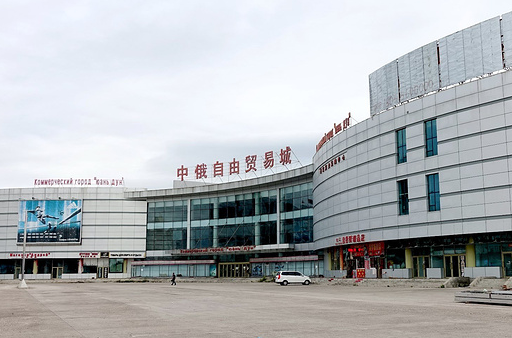BEIJING, May 26 (Xinhua) -- China (Heilongjiang) Pilot Free Trade Zone (FTZ) saw a total of 40 projects signed in the first four months of the year, involving a total investment of about 54.27 billion yuan (about 7.61 billion U.S. dollars).
Since its launch in August 2019, Heilongjiang FTZ has made efforts in attracting investment. Up to now, 94 projects have been signed, with a total investment of about 175.37 billion yuan.
The Heilongjiang FTZ consists of Harbin area, Heihe area and Suifenhe area.
During the epidemic, the Department of Commerce of Heilongjiang Province held an online investment promotion meeting for foreign-invested projects. Harbin area of Heilongjiang FTZ introduced the biomedical industry and equipment manufacturing industry projects, and the Heihe area mainly introduced the Sino-Russian cross-border cooperation industry projects.
Data shows that in the first four months, there were 8 newly signed projects in the Harbin area, with an investment of 50.42 billion yuan.
Heihe area of the Heilongjiang FTZ rolled out the convenient approval service for the registration of Sino-Russian multinational foreign-invested enterprises. Russian companies can complete the registration formalities by means of video verification overseas. It also launched the online investment promotion meetings to attract investment in sectors such as Russia's grain import processing, cross-border wood processing, intelligent electromechanical manufacturing, new pharmaceutical processing, Russia's clean energy import utilization, and cross-border warehousing and logistics.
From January to April 2020, there were 13 newly signed projects in the Heihe area, with an investment of about 3.27 billion yuan, including one foreign-invested project with an investment of 20 million U.S. dollars.
Suifenhe area also made efforts to hold online promotion meetings and mainly introduce projects in fields including timber, energy, tourism, and e-commerce. In the first four months, it saw 19 newly signed projects, with an investment of 580 million yuan. (Edited by Hu Pingchao with Xinhua Silk Road, hupingchao@xinhua.org)




 A single purchase
A single purchase









